
Project 2 Heal
Our nation’s veterans are true American heroes, having put their lives on the line for the love of our county. Yet, thousands return home from the battlefield either physically or mentally disabled from their experience. Between 10%—19% of the 6 million who served in 2021 were diagnosed with post-traumatic stress disorder (PTSD) by the U.S. Department of Veterans Affairs. All too often, our heroes are in need of such intensive medical care that they commit the tragic act of suicide.
In fact, a recent longitudinal study by America’s Warrior Partnership examined veteran suicide rates among eight states for a five-year period and found that a national veteran suicide rate may be as high as 44 lives per day. (The United States Department of Veterans Affairs estimated an average of 16.8 veteran suicides per day in 2020.) Therefore, to mitigate this tragedy as much as possible, each of us should be asking what we can do to positively impact the mental health of our heroes and save veteran lives.
Donating to Provide Veterans the Mental Health Benefit of Service Dogs.
While many of these living heroes require assistance in various areas of health care, many people don't realize that trained service dogs are actually recognized as life-saving medical devices. They spend up to two years training to serve an individual's specific needs, allowing for a canine companion to fully assist in the greatest areas of need for a veteran. This being said, one of the best ways to give back to our veterans is by donating to increase the availability of service dogs for our nation's heroes.
In a recent study, Purdue University (the leading authority in the canine-human bond) found that a service dog can reduce primary physical and mental symptoms of PTSD for veterans, including:
• Hypervigilance: A psychological symptom in which a veteran remains extremely alert and prepared for combat, even once returned to civilian life.
• Night tremors: Episodes of intensive fear, screaming, or flailing occurring while asleep.
• Outbursts of anger: Irrational responses to everyday situations in which an individual expresses a volatile temper.
• Heightened cortisol levels: A physical condition in which a veteran experiences heightened stress hormones, leading to irritable or erratic behavior.
Donate to Help Veterans Resume Civilian Life.
Along with any physical challenges a veteran may now face due to injury or loss of a limb, these symptoms of PTSD are primary factors that can lead to veteran suicide. Due to these issues as well as the highly structured nature of military life, many veterans struggle to resume the civilian life they previously considered normal.
Service dogs can provide a grounding relationship for them, helping to lead them out of stressful public situations, thanks to a service dog’s ability to pick up on physical cues (like fidgeting or shaking), which indicate a veteran is experiencing a flashback or anxiety attack.
In addition to these benefits, one of the most significant benefits a trained dog can provide a veteran is a renewed sense of purpose.
The physical challenges many veterans face after returning home with injuries often lead to depression due to a veteran’s inability to accomplish tasks they once could. As mission-oriented individuals, caring for these dogs—which in turn takes care of the veteran—provides a veteran with a new mission in life.
Donate to Provide Quality Puppies for Service Dog Training.
 There are countless service dog training organizations across the country, most of which face the issue of acquiring enough training-ready puppies to meet their demand. It’s because most of these organizations have no breeding program, typically leaving no choice but to train dogs taken from shelters. Unfortunately, an average of only 1 out of 12 shelter dogs successfully complete the training. This inefficiency leads to costs ranging from $25,000—$40,000 and waiting periods of up to 4 years. (For a veteran with PTSD at risk of suicide, this is far too long to wait.)
There are countless service dog training organizations across the country, most of which face the issue of acquiring enough training-ready puppies to meet their demand. It’s because most of these organizations have no breeding program, typically leaving no choice but to train dogs taken from shelters. Unfortunately, an average of only 1 out of 12 shelter dogs successfully complete the training. This inefficiency leads to costs ranging from $25,000—$40,000 and waiting periods of up to 4 years. (For a veteran with PTSD at risk of suicide, this is far too long to wait.)
Project 2 Heal is the only nonprofit in the country dedicated to reducing these costs and waiting periods through the expert husbandry and nurturing of world-class puppies, purpose-bred and donated to training organizations across the country. Our Labrador Retriever puppies far exceed the training success rate of dogs taken from shelters. Fidos for Freedom—the service dog training organization with which we’ve had our longest partnership—has a 90% success rate with our puppies in training.
Sponsor the Nurturing of a Future Service Dog.
Even before one of our purpose-bred puppies begins training, an immense amount of work goes into the process—starting with planning its birth. Our success in donating world-class puppies stems from the extensive pedigree analysis and health testing we use to plan a pregnancy and our proven nurturing methods that begin on the second day of life.
This nurturing is exceptionally important due to the fact that two-thirds of an adult dog's temperament is determined by the nurturing received during the Critical Phase of life. (The first 12-16 weeks.) In addition, each of our future service dogs undergoes processes of Early Neurological Stimulation (ENS) and Early Scent Introduction, which jumpstart the development of the puppy's nervous system and encourage tolerance for novel tactile and olfactory stimuli.
One-third of an adult dog's temperament is determined by its pedigree (or genetic lineage). While this information is a mystery for most shelter dogs, Project 2 Heal utilizes extensive health records of potential sires and dames to plan a litter. Additionally, Project 2 Heal has an outstanding history with Ridgeview Labradors, one of the country's best breeders of Labrador Retrievers.
Donate to Help Prevent Veteran Homelessness.
Homelessness among our veteran population is a major issue in the United States. More than 33,000 veterans experienced homelessness in 2022. One of the primary factors leading to high numbers of homeless veterans is the lack of mental health support. Compounding this issue, many veterans have never before needed to apply for work outside of the military, putting them at a disadvantage regarding resume-building or interview preparedness.
As discussed above, assistance dogs can help reduce PTSD symptoms like anxiety, depression, and outbursts of anger that may interfere with a veteran’s employability.
Become a Soldier for a Soldier.
Join Project 2 Heal in our mission of increasing the availability of service dogs for veterans and other people in need by becoming a monthly donor. Your support will help nurture our puppies’ growth and development as we prepare them to literally change lives as future service dogs. Contact us now and become a hero to our living heroes.

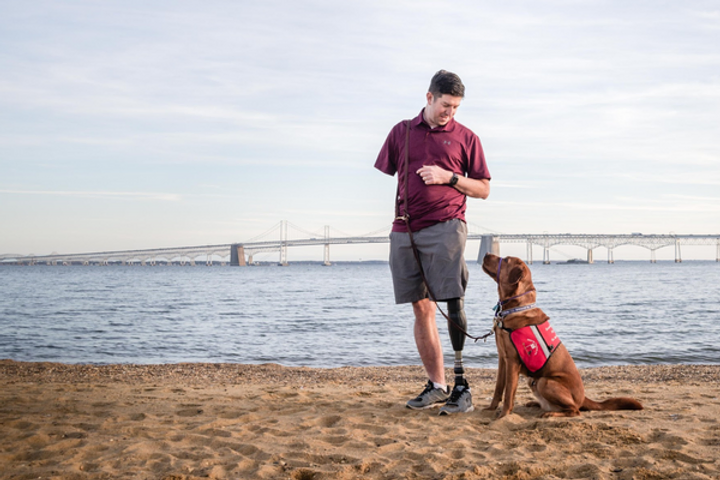
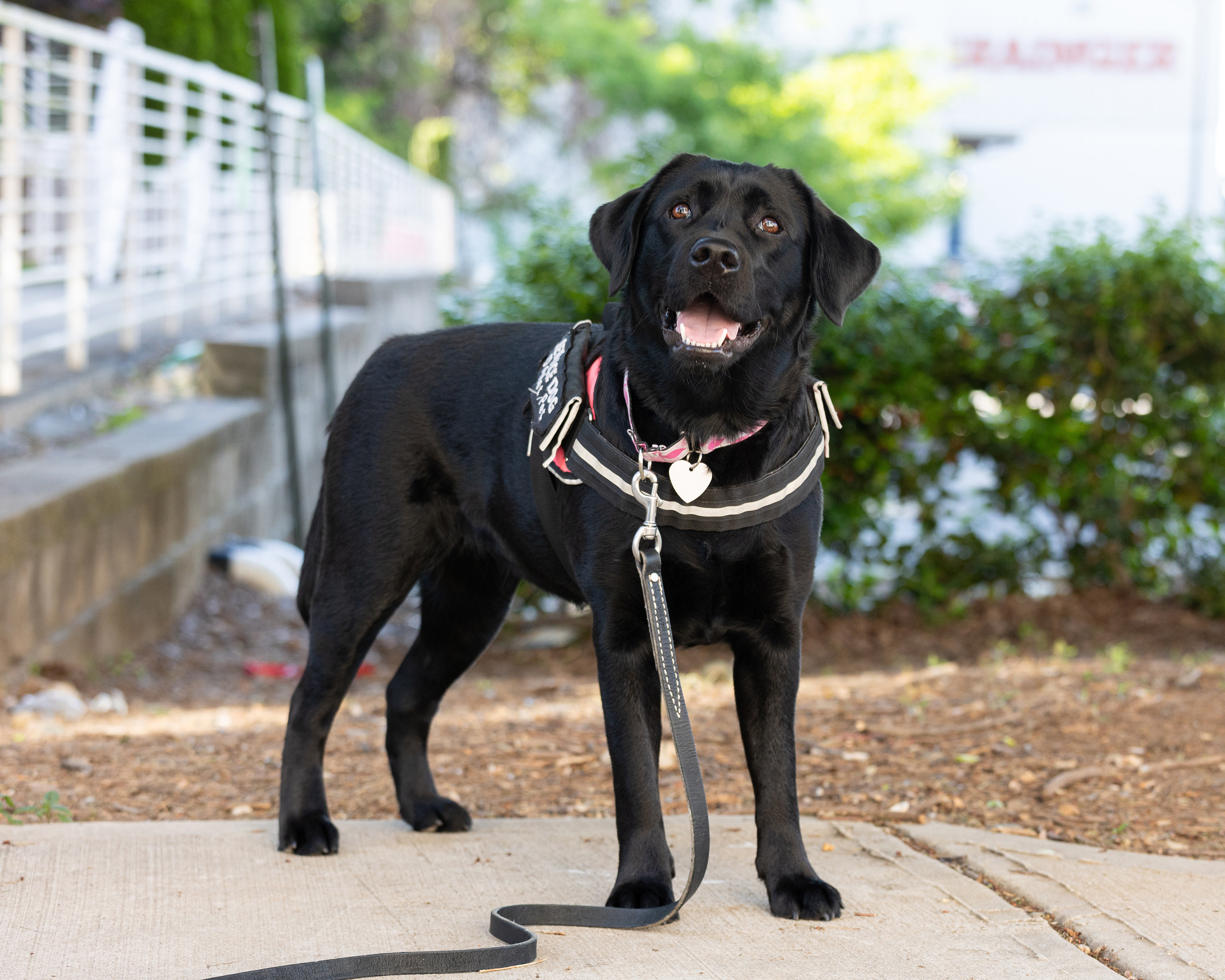
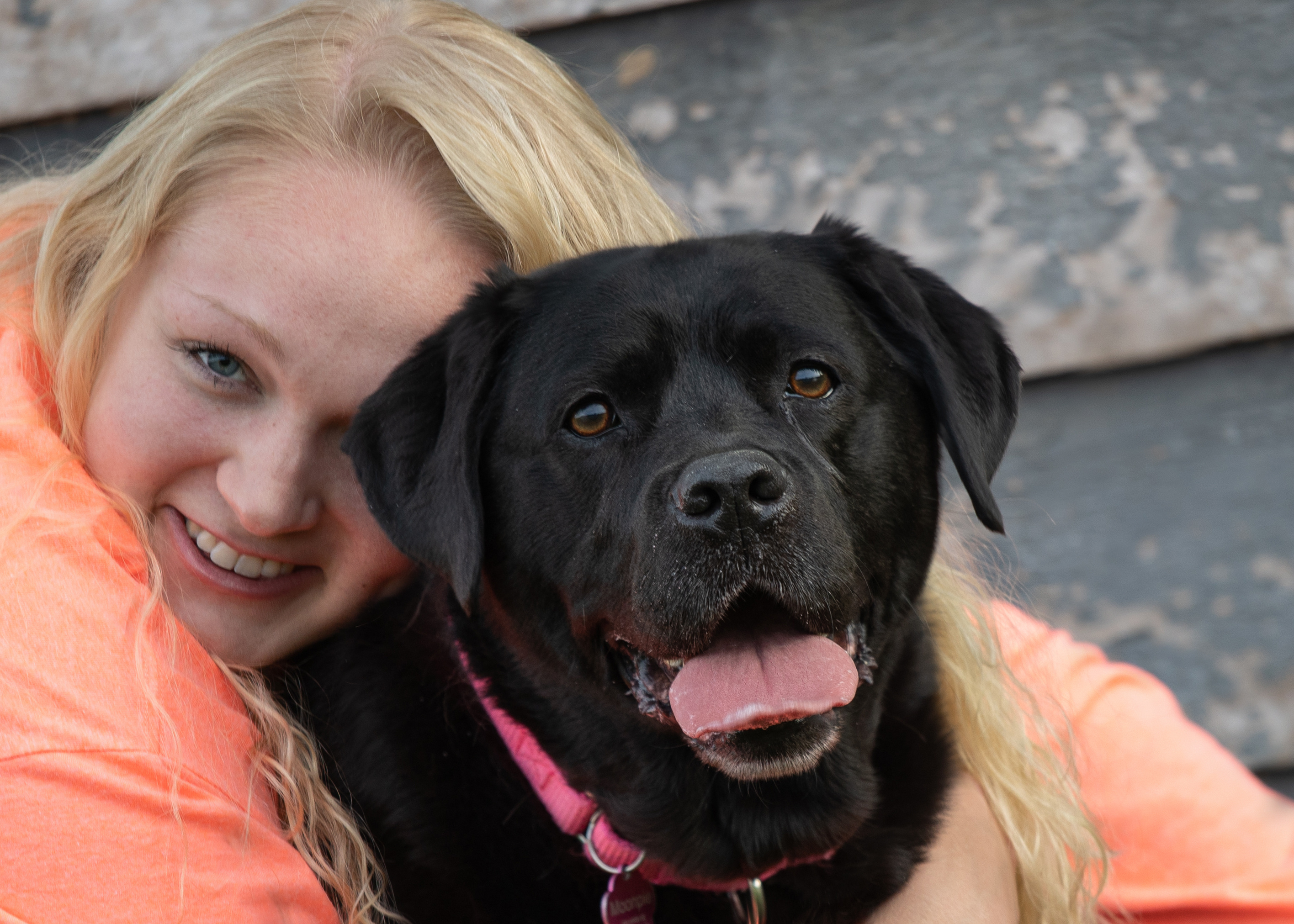
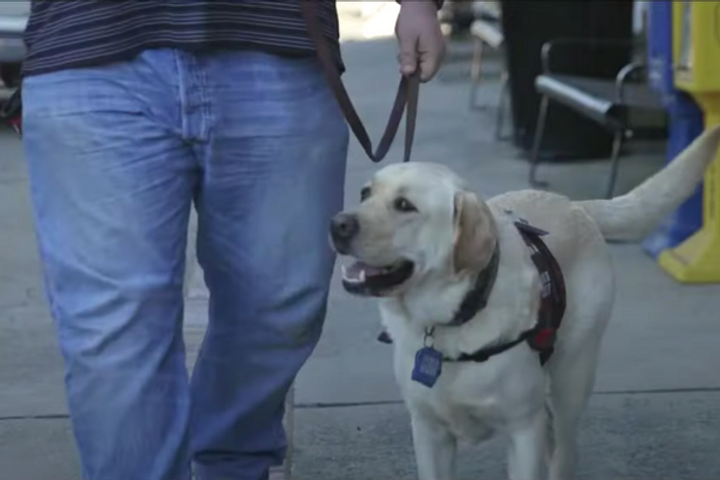
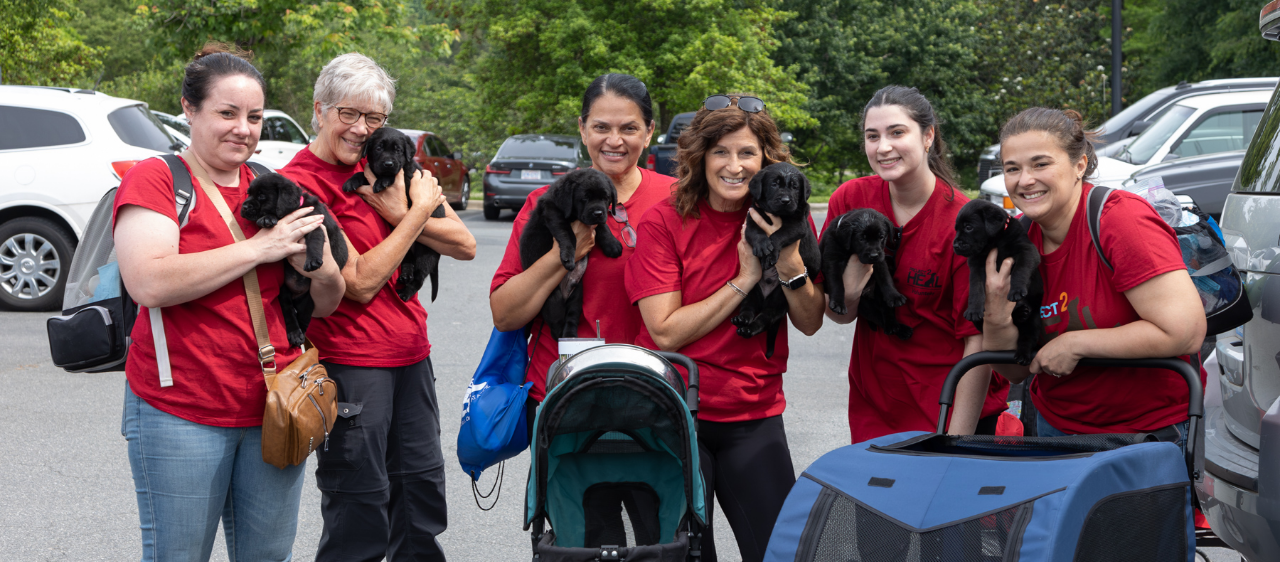

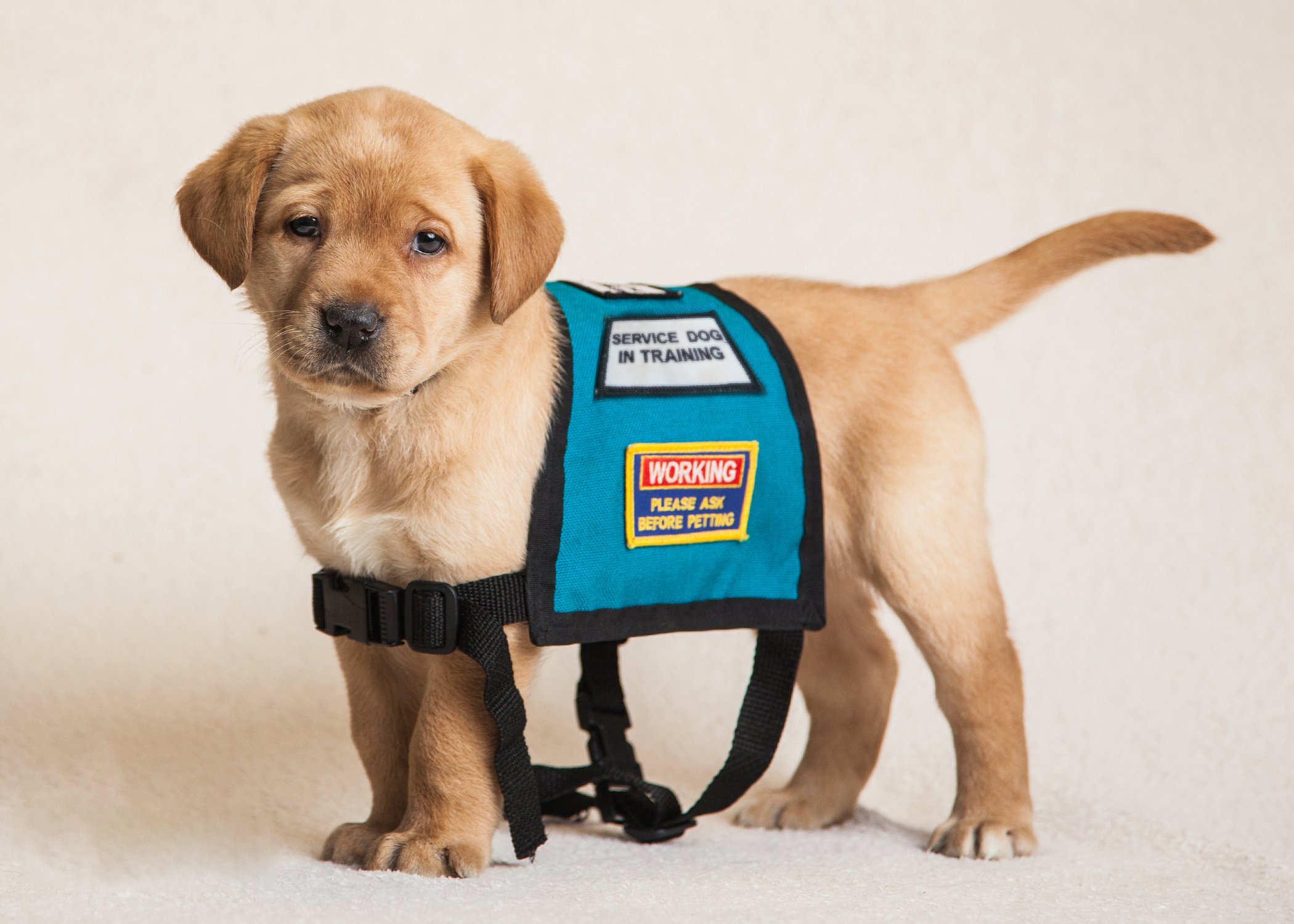
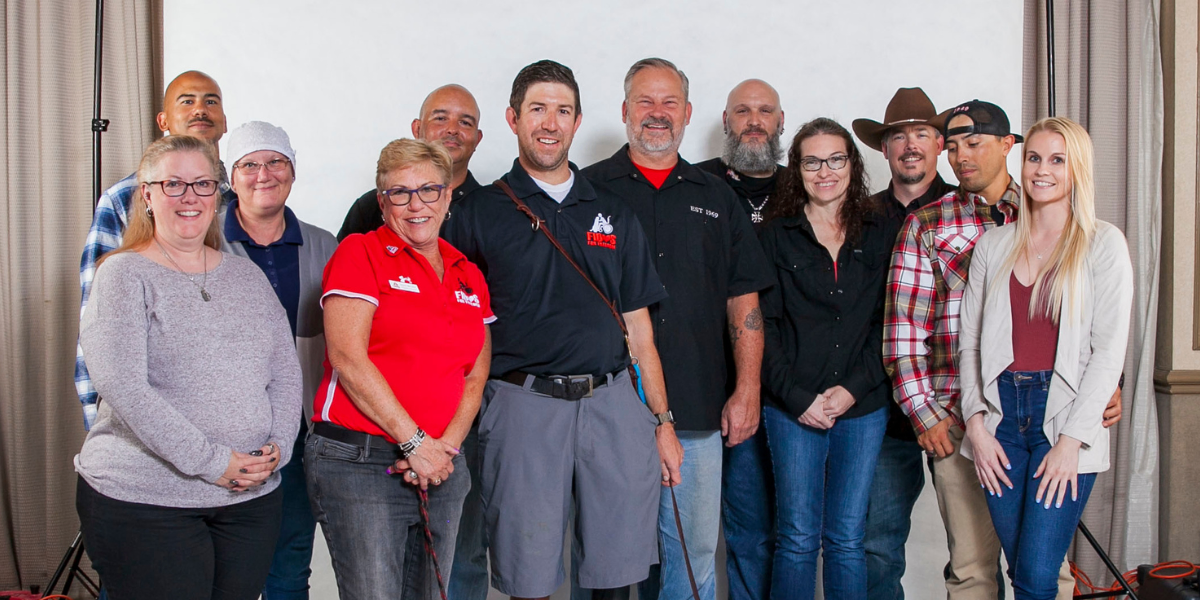

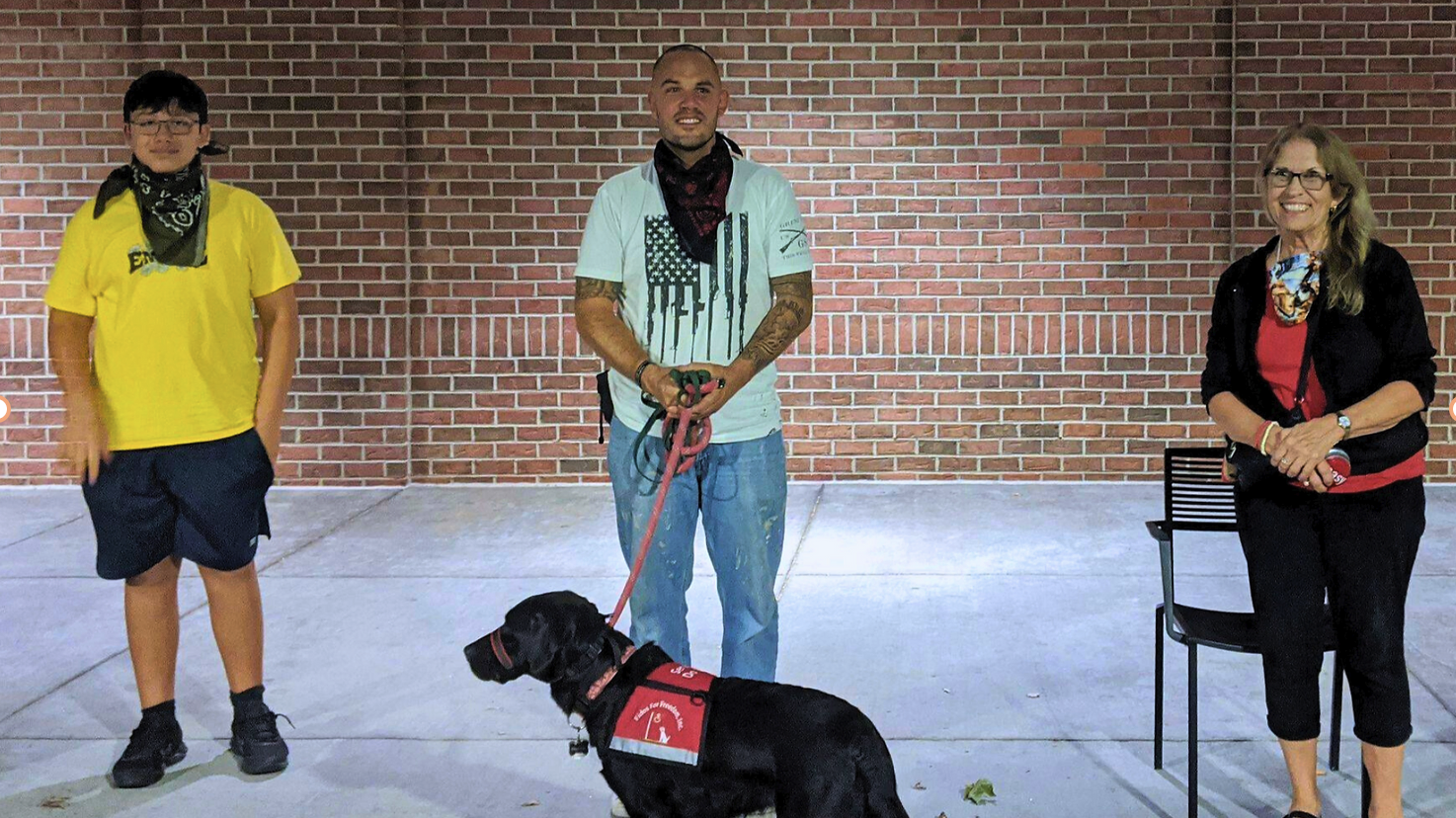
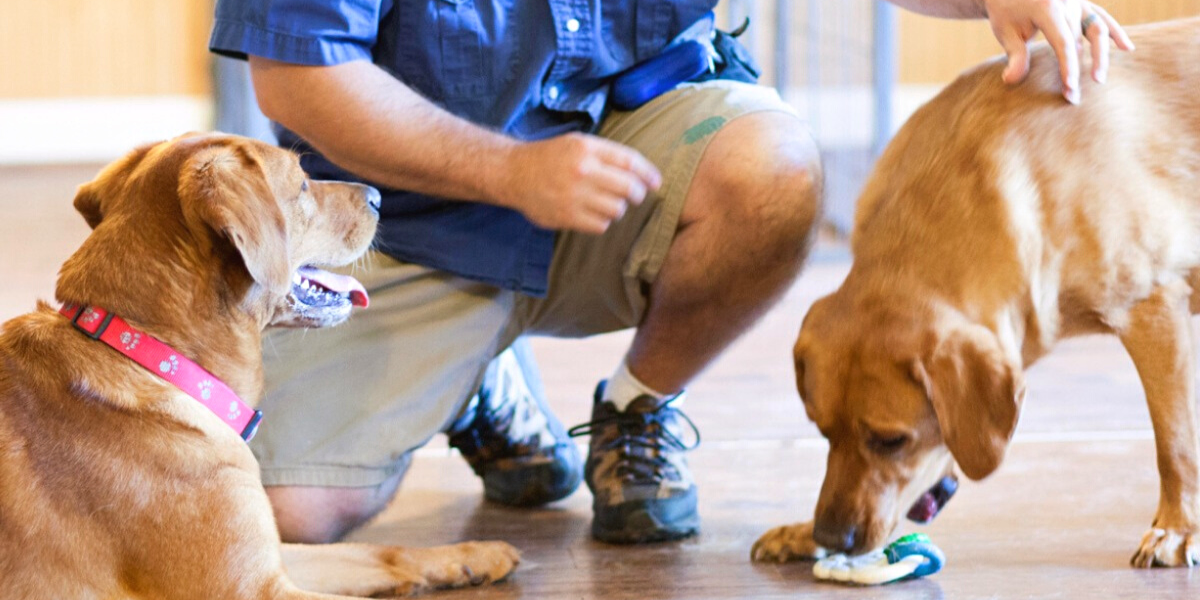
Post a comment